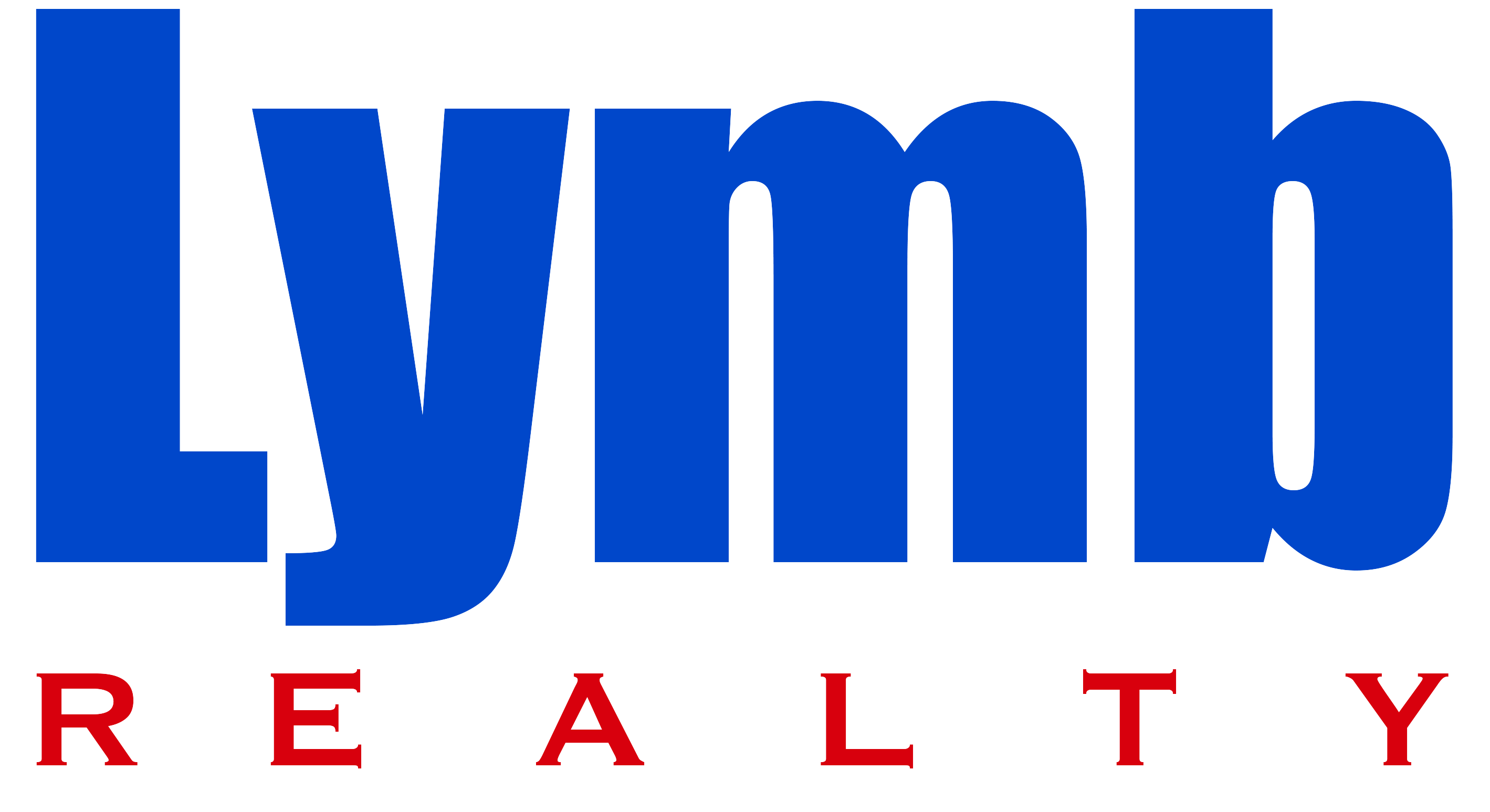Buying your first home is a big step! Here’s a breakdown of tips to help you navigate the process:
1. Get Your Finances in Order
- Check your credit score: A good credit score is crucial for securing a favorable mortgage rate. Review your credit reports from all three major agencies (Equifax, Experian, and TransUnion) and address any errors.
- Save for a down payment: Aim for a 20% down payment to avoid private mortgage insurance (PMI), but there are loans with lower down payment options available, especially for first-time buyers.
- Determine affordability: Calculate how much you can realistically afford to spend on a home, considering not just the mortgage payment, but also property taxes, insurance, and potential maintenance costs.
- Get pre-approved for a mortgage: This will give you a clear idea of how much you can borrow and make you a more competitive buyer in the eyes of sellers.
2. Explore Mortgage Options
- Research different loan types: Conventional loans, FHA loans, and VA loans are some common options. Each has its own eligibility requirements and terms.
- Compare lenders: Shop around for the best interest rates and loan terms. Don’t hesitate to get quotes from multiple banks, credit unions, and online lenders.
- Consider first-time home buyer programs: There are various programs available that offer assistance with down payments, closing costs, or lower interest rates for first-time buyers.
3. Find Your Dream Home
- Hire a real estate agent: A good agent will guide you through the home-buying process, help you find suitable properties, and negotiate offers on your behalf.
- Define your needs and wants: Make a list of your must-haves and nice-to-haves in a home. This will help you narrow down your search and stay focused.
- Attend open houses and schedule showings: Get a feel for different neighborhoods and property types. Don’t rush the process; take your time to find the right fit.
4. Make an Offer and Close the Deal
- Work with your agent to make a competitive offer: Consider the market conditions and recent sales of comparable properties in the area.
- Negotiate with the seller: Be prepared to negotiate on price, repairs, and other terms.
- Get a home inspection: This is a crucial step to identify any potential issues with the property before you finalize the purchase.
- Secure financing and finalize the closing: Once your offer is accepted, work with your lender to finalize your mortgage and schedule the closing.
Additional Tips
- Don’t waive contingencies: While it might make your offer more attractive in a competitive market, waiving contingencies like the home inspection or appraisal can be risky.
- Factor in closing costs: These can add up to 2-5% of the purchase price, so be sure to budget for them.
- Be patient: Finding the right home can take time, so don’t get discouraged if it doesn’t happen right away.
- Don’t overspend: Stick to your budget and avoid getting caught up in bidding wars.
- Get homeowner’s insurance: This is a must-have to protect your investment.
- Plan for ongoing expenses: Remember that owning a home comes with ongoing costs like maintenance, repairs, and property taxes.
Remember, buying your first home is a significant investment, so take your time, do your research, and don’t hesitate to ask for help from professionals like real estate agents, lenders, and financial advisors. Good luck!

Lirianys Melendez
Realtor | San Antonio, TX


